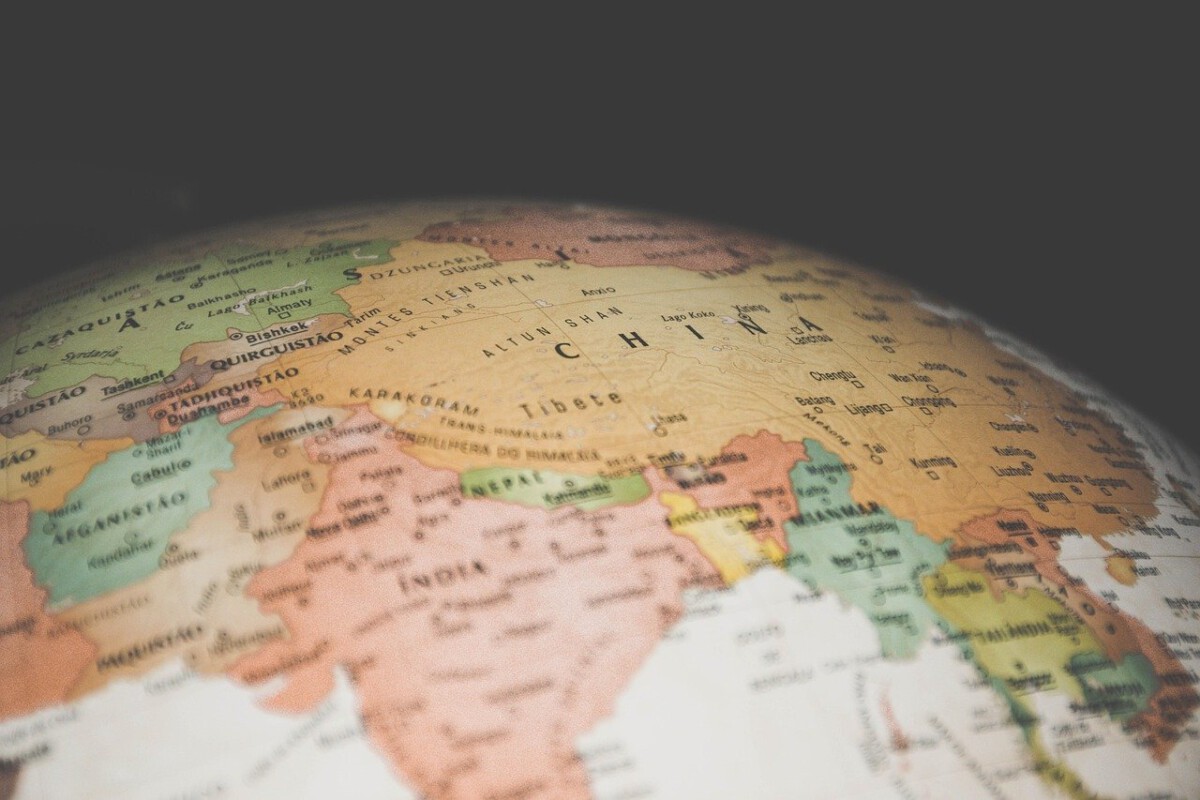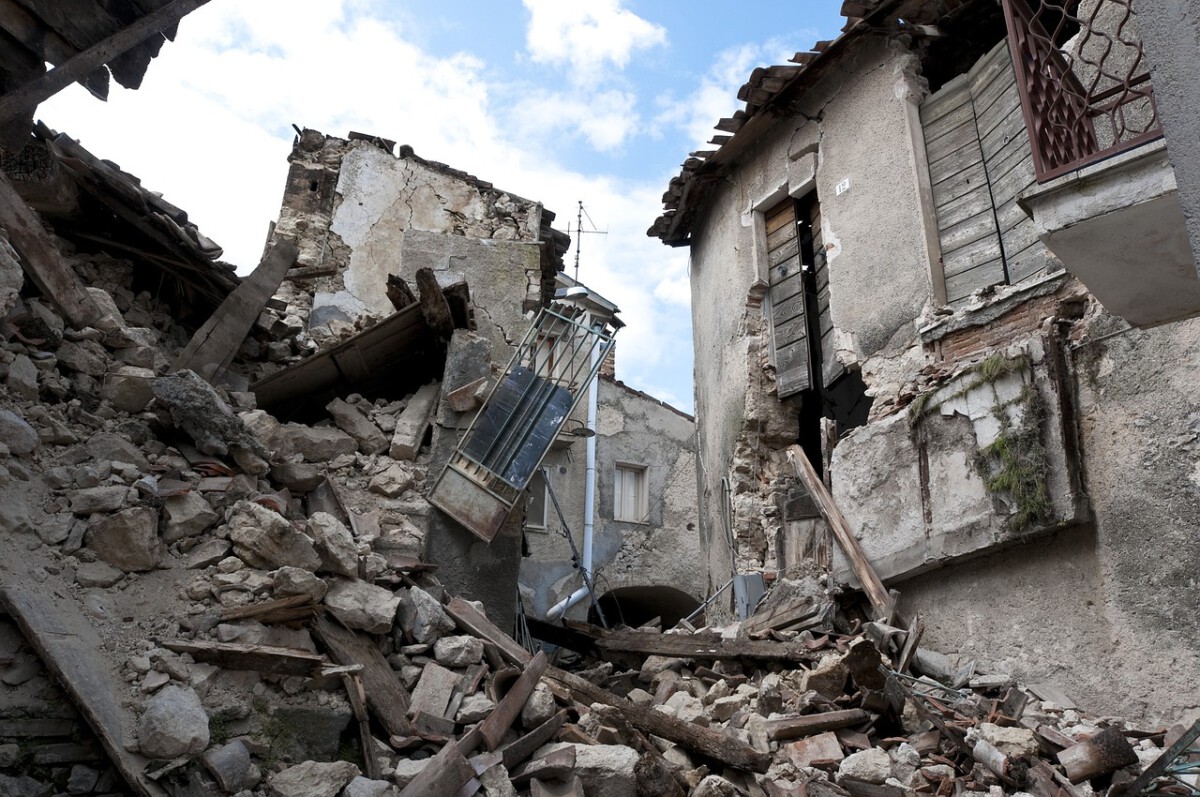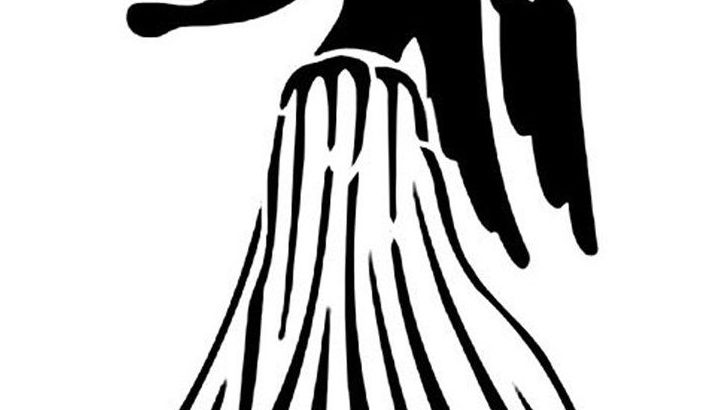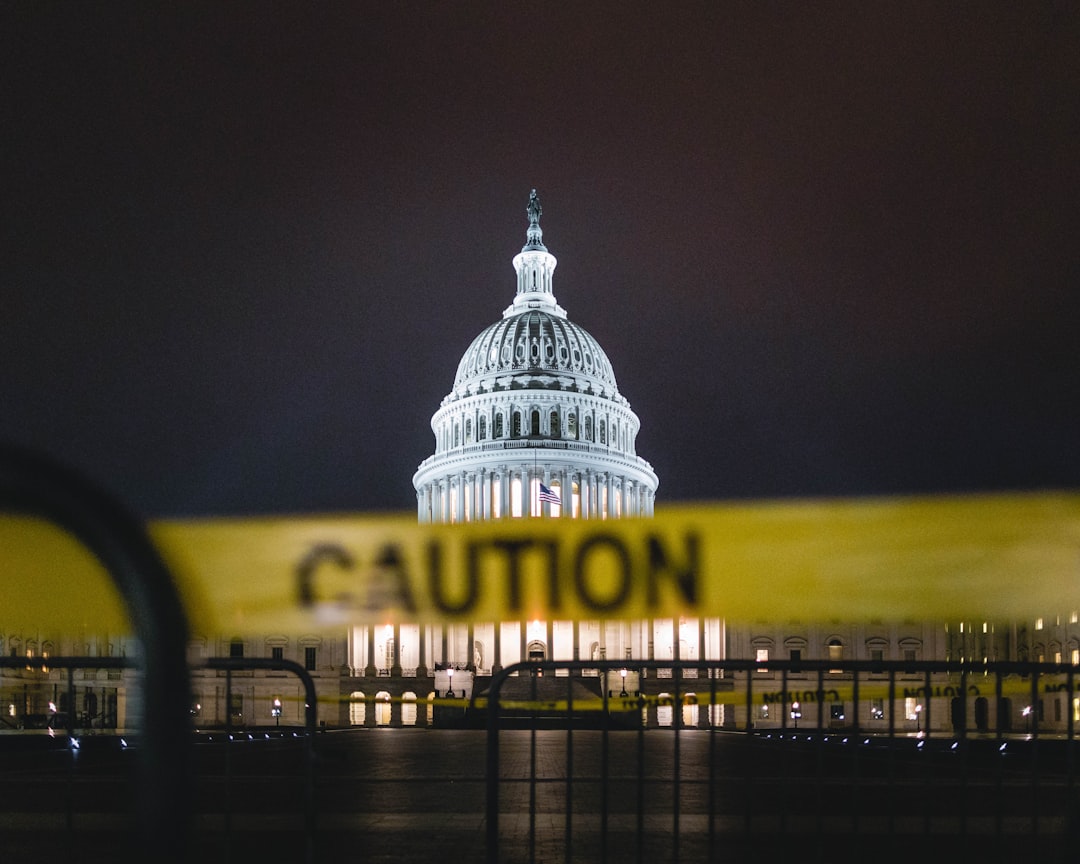Understanding Corruption: A Global Perspective

Corruption isn’t just a buzzword—it’s a daily reality for millions of people around the world, shaping everything from how schools are run to whether life-saving aid reaches those who need it most. The Corruption Perceptions Index (CPI), published each year by Transparency International, is the gold standard for tracking this global problem. In 2024, the CPI continued to rate countries on a scale from 0 to 100, with 0 being “highly corrupt” and 100 meaning “very clean.” A chilling fact: more than two-thirds of countries scored below 50, showing just how widespread corruption remains. Low scores often point to weak rule of law, poor transparency, and little accountability, creating a breeding ground for poverty and injustice. One expert summed it up simply: “Where corruption thrives, trust in government dies.” The CPI doesn’t just rank countries—it holds up a mirror, forcing societies to face hard truths about power, money, and fairness.
Somalia: The Most Corrupt Nation

Somalia’s reputation for corruption has become almost a grim cliché, but the situation on the ground is anything but ordinary. With a CPI score of just 12, it stands at the very bottom of the 2024 rankings. Civil conflict, a fractured government, and a near-total absence of rule of law have allowed bribery and embezzlement to seep into every corner of Somali society. Local officials and police are often accused of demanding bribes for basic services, while public funds frequently vanish without a trace. A United Nations report recently described Somalia as having “institutionalized impunity,” meaning corrupt actors rarely face consequences. International aid agencies have repeatedly warned that money meant for humanitarian relief often disappears into a black hole of graft. Without dramatic reforms and sustained global support, experts fear the cycle of corruption will only tighten its grip.
South Sudan: A Struggle for Integrity

South Sudan, the world’s youngest nation, faces a daunting battle against corruption. Its CPI score of 13 places it just above Somalia, underscoring how deeply corruption is rooted in the country’s institutions. Since its independence in 2011, South Sudan has been wracked by civil wars that shattered trust in public officials and normalized the misuse of government funds. The oil sector, which should be the backbone of economic growth, is plagued by secretive deals and missing revenues. According to a 2024 watchdog report, billions of dollars intended for development have never reached their targets. Even aid workers say that bribes and kickbacks are routine. “It’s hard to know what’s worse—the violence or the theft,” a local teacher lamented. Until leaders prioritize transparency and the rule of law, South Sudan’s path to prosperity will remain blocked by corruption’s shadow.
Syria: Conflict and Corruption

Decades of conflict have made Syria a hotbed for corruption, reflected in its CPI score of 14. As civil war tore apart state institutions, power shifted into the hands of those willing to pay or accept bribes. High-ranking officials and military commanders have been accused of siphoning off humanitarian aid, leaving desperate families without basics like food and medicine. Recent investigative reports reveal that entire supply chains—everything from fuel to bread—are controlled by corrupt networks linked to the government. In 2024, international agencies grew increasingly vocal about the lack of accountability in how aid is distributed. One relief worker described the system as “a maze of payoffs and favors.” With little transparency and widespread fear, Syrians face not only the violence of war but the daily injustice of corruption at every level.
Yemen: A Humanitarian Crisis

Yemen’s humanitarian disaster is made even more severe by rampant corruption, as shown by its CPI score of 15. Years of civil war have left the government in shambles, opening the door to officials and powerful groups who exploit the chaos for personal gain. Aid shipments often don’t reach those in need, diverted by corrupt actors who demand bribes or simply steal the supplies. Transparency International has highlighted Yemen as a country where “corruption kills,” because mismanaged relief efforts mean less food, medicine, and shelter for millions. In 2024, frustrated aid workers reported that even the simplest tasks—like distributing vaccines—require navigating a web of bribes and kickbacks. The lack of oversight makes it nearly impossible to track where resources go. For everyday Yemenis, corruption isn’t just an abstract problem—it’s a daily fight for survival.
Venezuela: Economic Collapse and Corruption

Venezuela’s collapse from one of South America’s wealthiest nations to a humanitarian crisis zone is tightly woven with corruption. With a CPI score of just 16, the country has become a case study in how unchecked graft can destroy an entire economy. The national oil company, once a source of pride and prosperity, has been gutted by embezzlement and mismanagement. Experts in 2024 described the government as “a kleptocracy,” where top officials enrich themselves while the population suffers shortages of everything from food to electricity. Public services, once reliable, now function only if bribes are paid. International watchdogs have documented how billions in public funds have disappeared, fueling anger and despair among citizens. As one Caracas resident put it, “Corruption here isn’t hidden—it’s right in your face, every day.”
Iraq: A Legacy of Corruption

Iraq’s struggle with corruption cuts deep, with a CPI score of 16 highlighting how far the country still has to go. After the fall of Saddam Hussein, there was hope for a new beginning, but instead, corruption seeped into almost every aspect of public life. Billions in oil revenues have been siphoned off by officials and contractors, stalling much-needed reconstruction. Government jobs and contracts are often handed out based on connections rather than merit, leading to widespread frustration among ordinary Iraqis. In 2024, anti-corruption protests erupted in several cities, with demonstrators demanding accountability and transparency. One protester summed up the mood: “We want a country, not a company for thieves.” Despite repeated pledges for reform, progress has been painfully slow, leaving many Iraqis skeptical about the future.
Libya: A Fragmented State

Libya’s ongoing political chaos has made corruption almost inevitable, as reflected in its CPI score of 17. The country is divided among rival governments and militias, each vying for control over oil wealth and public funds. Corrupt practices like bribery, embezzlement, and favoritism have become standard operating procedures for those in power. Oil, Libya’s main source of income, is especially vulnerable—international analysts in 2024 noted that billions of dollars in revenues remain unaccounted for. Ordinary Libyans often find themselves needing to pay bribes for basic services such as electricity and healthcare. International organizations warn that without a unified government and credible institutions, efforts to tackle corruption will remain stalled. The widespread sense of distrust means that even well-intentioned reforms face an uphill battle.
Afghanistan: A Corruption Crisis

Afghanistan’s long-running corruption crisis worsened dramatically after the government’s collapse in 2021. The country earned a CPI score of 18 in 2024, underscoring just how deeply corruption is entrenched. Reports of officials and security forces demanding bribes are common, and much-needed international aid often never reaches its intended recipients. A recent study by a global watchdog found that misappropriation of funds is so widespread that entire communities are left without schools, clinics, or infrastructure. Aid workers say that negotiating with corrupt authorities is now part of their daily routine. The lack of oversight means that rebuilding efforts are frequently derailed. Even as the world watches, Afghan citizens are left fighting for every scrap of fairness and justice in a system stacked against them.
The Path Forward: Combating Corruption

Fighting corruption isn’t just about punishing wrongdoers—it’s about building stronger societies where people can trust their leaders and institutions. Experts agree that countries with low CPI scores need to focus on making government more transparent, strengthening the rule of law, and holding officials accountable. Civil society groups and grassroots activists often play a crucial role, shining a light on abuse and demanding change. International cooperation is also vital, as corruption frequently crosses borders through money laundering and hidden assets. In 2024, several countries launched new anti-corruption initiatives, aiming to close loopholes and increase accountability. The process is slow, but each small victory matters. The real question is: will these efforts be enough to turn the tide?








